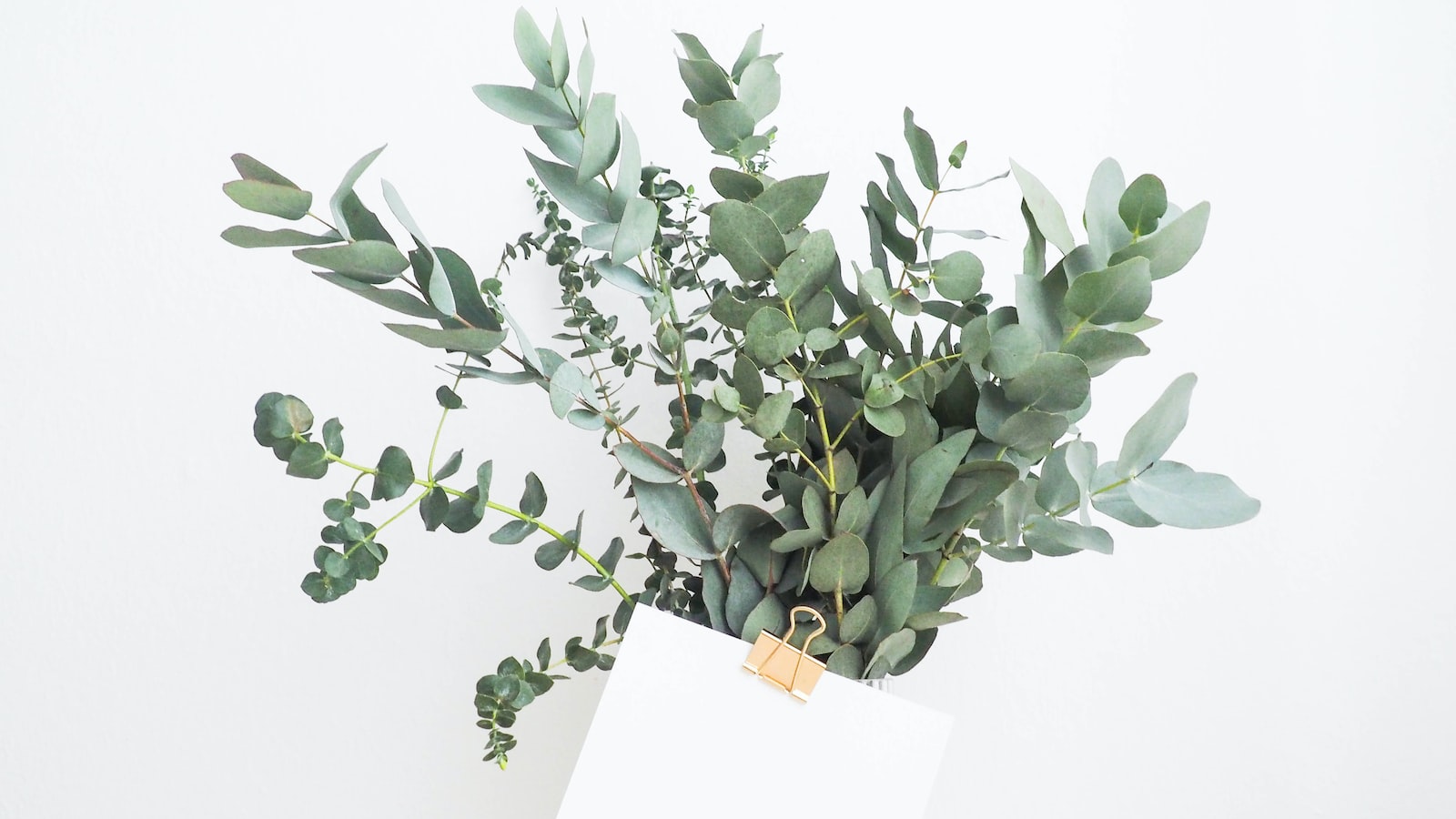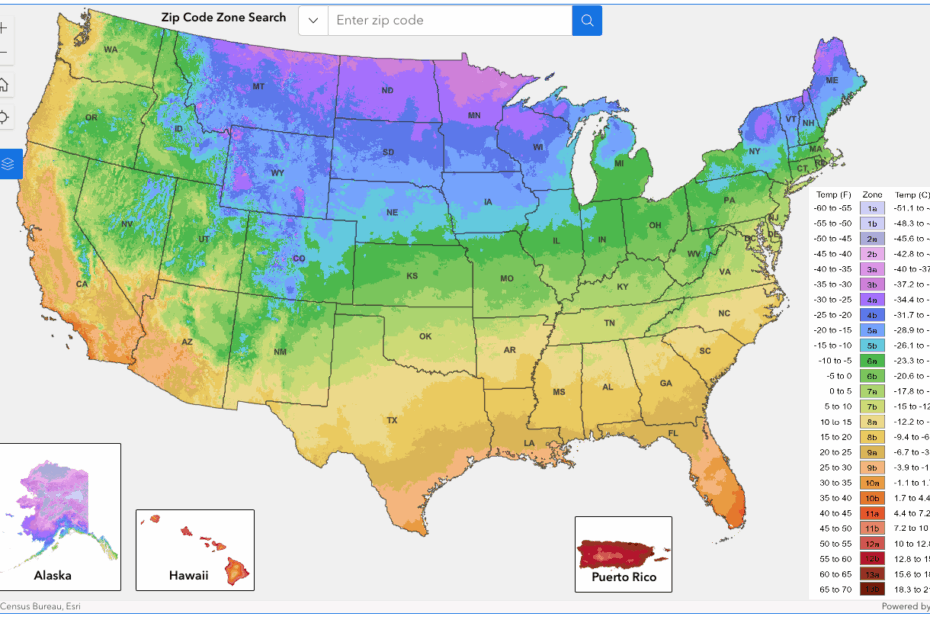Unlocking the Beauty of Memphis: Exploring the Green Kingdom of its Plant Zone
Nestled gracefully on the fertile banks of mighty Mississippi, the vibrant city of Memphis stands tall as the heartbeat of Tennessee. Babbling with cultural richness, soulful melodies, and mouthwatering barbecues, this mesmerizing city never fails to captivate the hearts of both locals and curious visitors. Amidst its bustling streets and charming neighborhoods, lies a lush secret waiting to be discovered – the enchanting plant zone that breathes life into this city’s gorgeous landscapes. So, if you find yourself pondering, “What plant zone is Memphis, TN?” – fret no more! Join us as we embark on a botanical adventure to uncover the mystique and allure of this verdant gem, where nature harmoniously coexists with the spirit of Memphis, creating a tapestry of natural beauty. From towering oaks to delicate wildflowers, let us delve into the tale of Memphis’ plant zone, and uncover the captivating plants that call this vibrant city home.
Plant Hardiness Zones in Memphis, TN: Understanding the Optimal Growing Conditions for Plants
Plant Hardiness Zones are important for gardeners and plant enthusiasts as they provide valuable information about the optimal growing conditions for various plants. When it comes to Memphis, TN, understanding the specific plant zone can make a significant difference in the success of your gardening endeavors. Memphis falls under the USDA Plant Hardiness Zone 7b, which means that the average minimum winter temperature ranges between 5°F to 10°F (-15°C to -12°C).
Knowing the plant zone in Memphis allows you to choose plants that are suitable for the local climate and can withstand the temperature fluctuations throughout the year. Some popular plants that thrive in Zone 7b include Japanese maples, crepe myrtles, azaleas, and hydrangeas. Additionally, the long growing season in Memphis provides ample opportunity for growing a variety of vegetables, including tomatoes, peppers, and cucumbers. By understanding the plant zone in Memphis, you can select plants with confidence and create a vibrant and thriving garden.
In order to maximize your gardening success in Memphis, TN, it is essential to consider key features and tips tailored to the local conditions. Here are a few useful insights for gardening in this area:
- Mulch and Insulate: Protect your plants from winter cold snaps by adding a layer of mulch around their base. This helps to insulate the soil and keeps the roots warm during chilly periods.
- Watering Schedule: Develop a watering routine that aligns with the unique rainfall patterns of Memphis. Adequate water is crucial for the health and growth of your plants, so ensure they receive consistent and appropriate irrigation.
- Pest Control: Be mindful of common pests in the area, such as aphids and Japanese beetles. Implement organic pest control methods to protect your plants without harming the natural environment.
Remember to regularly research and consult local gardening resources to stay updated on the latest tips and recommendations specifically tailored to Memphis, TN.

Exploring the Specifics of Memphis, TN Plant Hardiness Zone: A Guide to Climate and Temperature Patterns
Memphis, TN is located in the southeastern part of the United States and falls into the plant hardiness zone 7b. This specific zone is known for its warm summers, mild winters, and a moderate overall climate. Understanding the characteristics of this zone is crucial for any gardener or plant enthusiast in order to choose the right plants that can thrive in this area.
In terms of climate, Memphis experiences hot and humid summers, with temperatures often soaring above 90 degrees Fahrenheit (32 degrees Celsius). However, this region also benefits from a longer growing season, allowing for a wider variety of plants to be cultivated. The winters in Memphis are generally mild, with average temperatures ranging from 30 to 50 degrees Fahrenheit (-1 to 10 degrees Celsius). While freezing temperatures are not uncommon, they are usually brief and not severe. This makes it possible to grow a range of both cold-hardy plants and those that prefer a more temperate climate.
When planni
ng your garden in Memphis, it is important to consider the specific features and tips that can help you successfully cultivate your plants. Here is a table outlining some key factors to keep in mind:| Feature/Tips | Description |
|---|---|
| Soil type | Memphis has a range of soil types, from loamy to clayey. Ensure proper drainage for optimal plant growth. |
| Recommended plants | In this zone, consider planting heat-tolerant species such as daylilies, black-eyed Susans, and coneflowers. |
| Watering needs | Due to the humid climate, it’s essential to monitor the moisture level of the soil and provide adequate watering to prevent drying out. |
Understanding the plant hardiness zone of Memphis, TN allows you to embrace the unique climate and temperature patterns specific to this region. By incorporating this knowledge into your gardening endeavors, you can create a beautiful and thriving garden that suits the local conditions effortlessly.
Choosing the Right Plants for Memphis, TN: Recommendations for Thriving Gardens in the Area
Understanding Memphis, TN Plant Zones
When it comes to gardening in Memphis, TN, it’s essential to know the plant zone that corresponds to the area. Memphis is located in plant hardiness zone 7b, which means it experiences mild winters with average low temperatures reaching 5 to 10°F (-15 to -12°C). This zone is characterized by a long growing season, allowing for a wide variety of plant options. However, the hot and humid summers can pose challenges, requiring plants that can withstand high heat and humidity.
To ensure your garden thrives in Memphis, TN, there are several plant options that are well-suited for this unique climate. Consider incorporating the following plants into your garden:
Flowering Plants:
- Hydrangeas
- Daylilies
- Crepe Myrtles
Vegetables and Herbs:
- Tomatoes (Early Girl, Celebrity, or Brandywine varieties)
- Peppers (Bell peppers or jalapeños)
- Basil
| Features | Tips |
|---|---|
| Plant native species | Native plants are adapted to the local environment and require less maintenance. |
| Provide proper drainage | Ensuring well-draining soil prevents waterlogged roots and helps plants thrive. |
| Water consistently | While Memphis has a humid climate, regular watering is essential during dry periods. |


